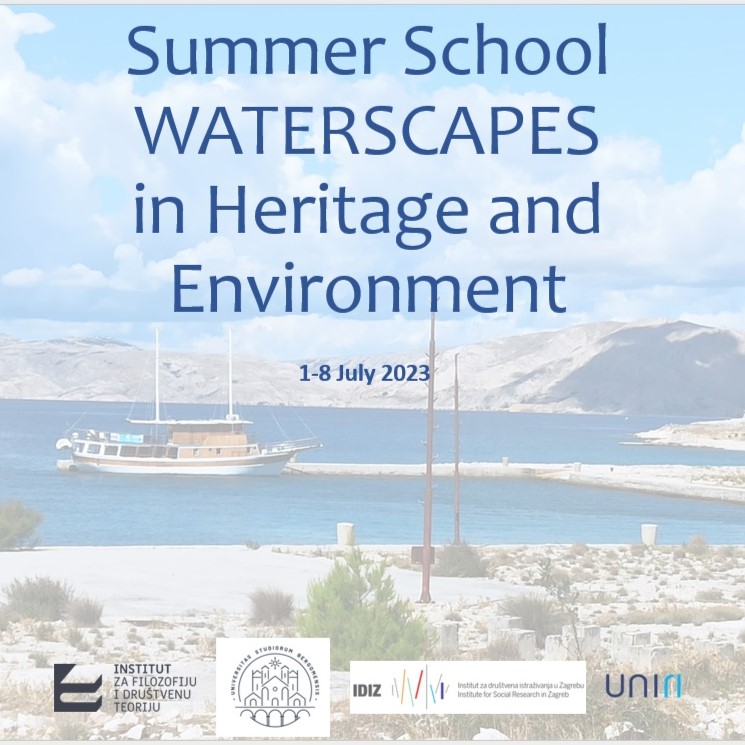The Summer School W A T E R S C A P E S in HERITAGE and ENVIRONMENT brings closer together, in the same ideal and practical framework, cultural heritage and environmental preservation, fundamental resources at the same time precious and very limited. The main actors involved in the use of these coupled resources are local communities since they maintain with both heritage and environment the deepest relation, as these represent their familiar contexts, the premises and background for their sustainable living.
The core idea of the Summer School is to let students learn in a cooperative way and to share limited resources. In the Anthropocene we learn that all fundamental resources are limited, and they need to be managed wisely and carefully. On the boat, water and space are limited resources, so the first didactic goal is the virtuous sharing of these.
First focus on is Water. Water is the connecting medium, the material link among communities and places, across history and today. Water belongs to everybody, it is alive in its motions and transformations. Water connects heritage sites and environmental emergencies. Water requires that any action is collective, shared, fluid, and global. The Water we intend is not only a natural resource, but rather a socio-cultural construct.
To emphasize its social value, we decide to rename the classical field-work approach as a new Water-Work approach.
Second focus is on the Boat as a working space. The living and working space is shared by the participants’ community for a week, inviting a deep reflection on the sustainability of maritime life, and drawing attention to the real meaning of sharing the resources we rely on.
Third focus is on the Croatian coasts as examples of Anthropocene complexity, where a shared identity, shared history, shared territories and heritage clash against borders, regulations and needs. The focus is on the deep interaction among academics, students and local communities that provides a complex but fruitful data set to understand the places in a commonly developed perspective.

